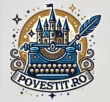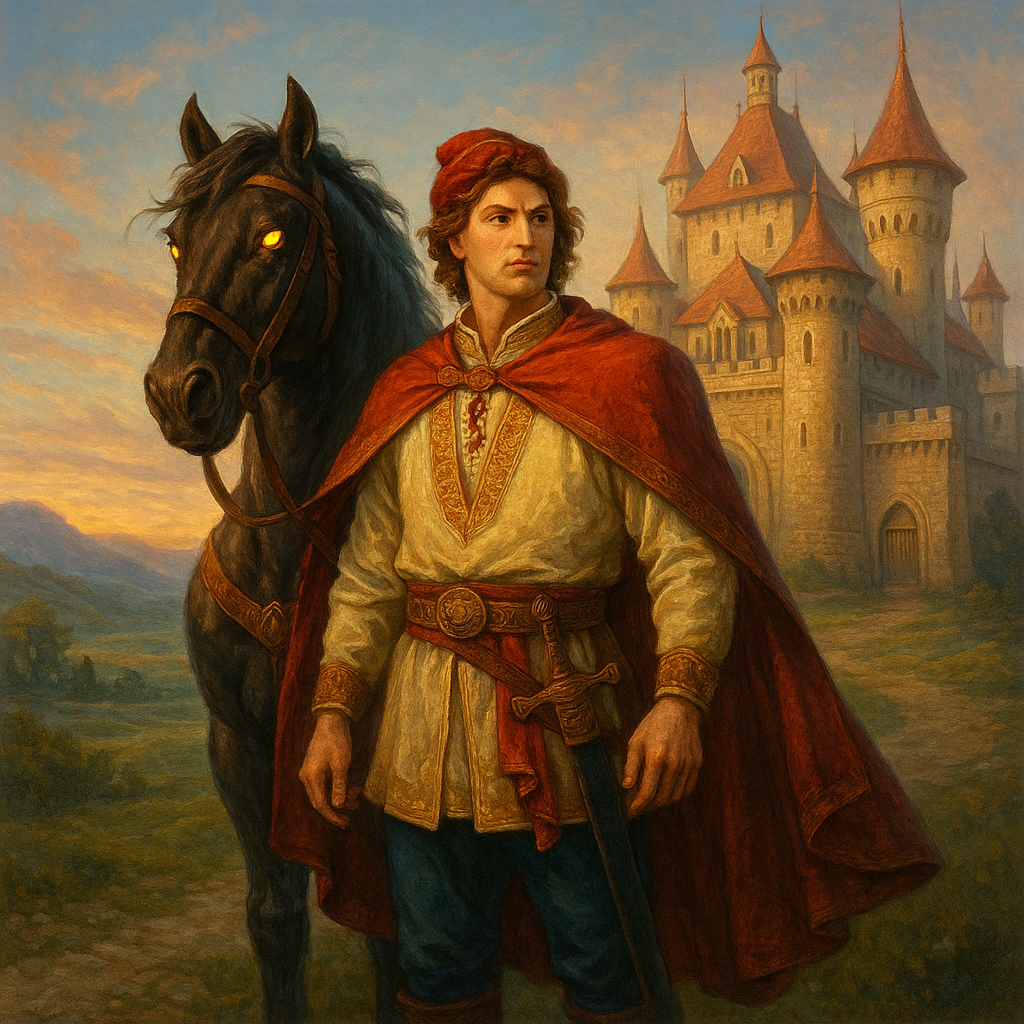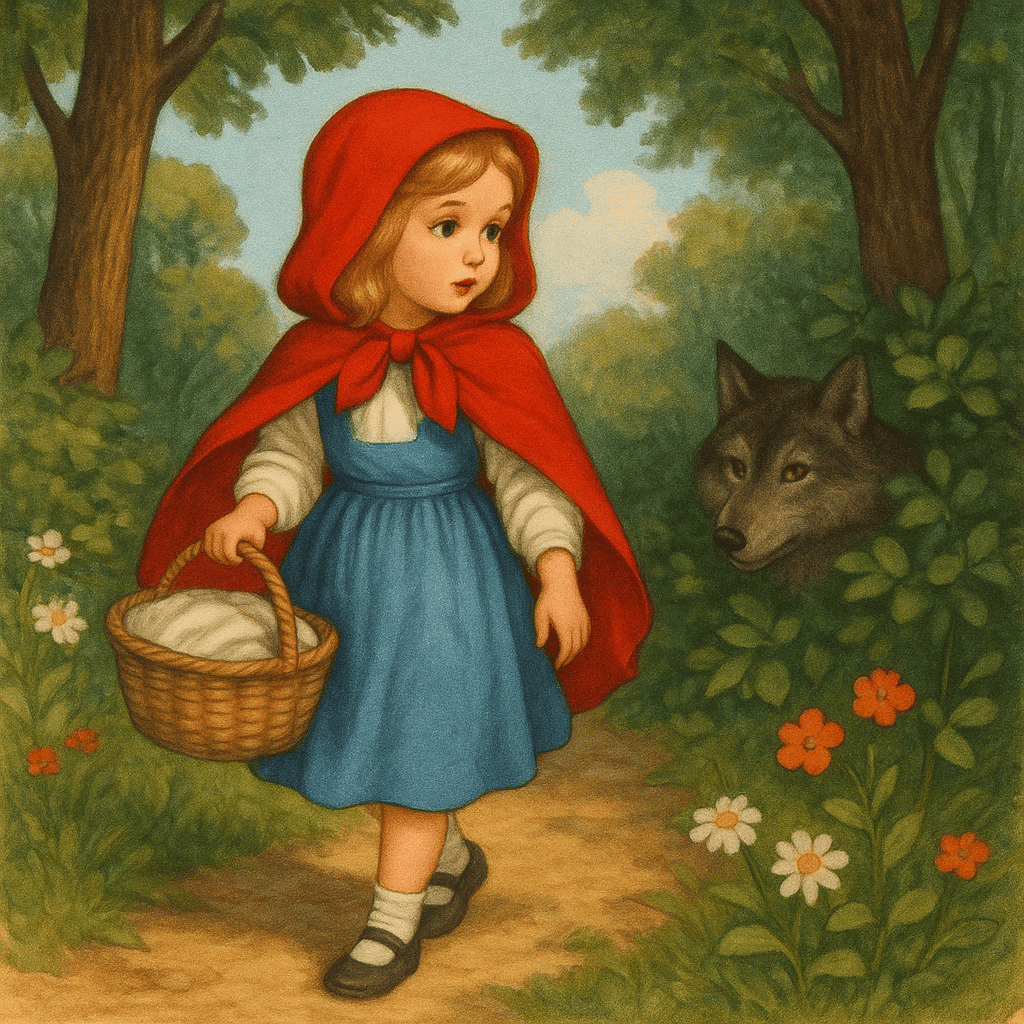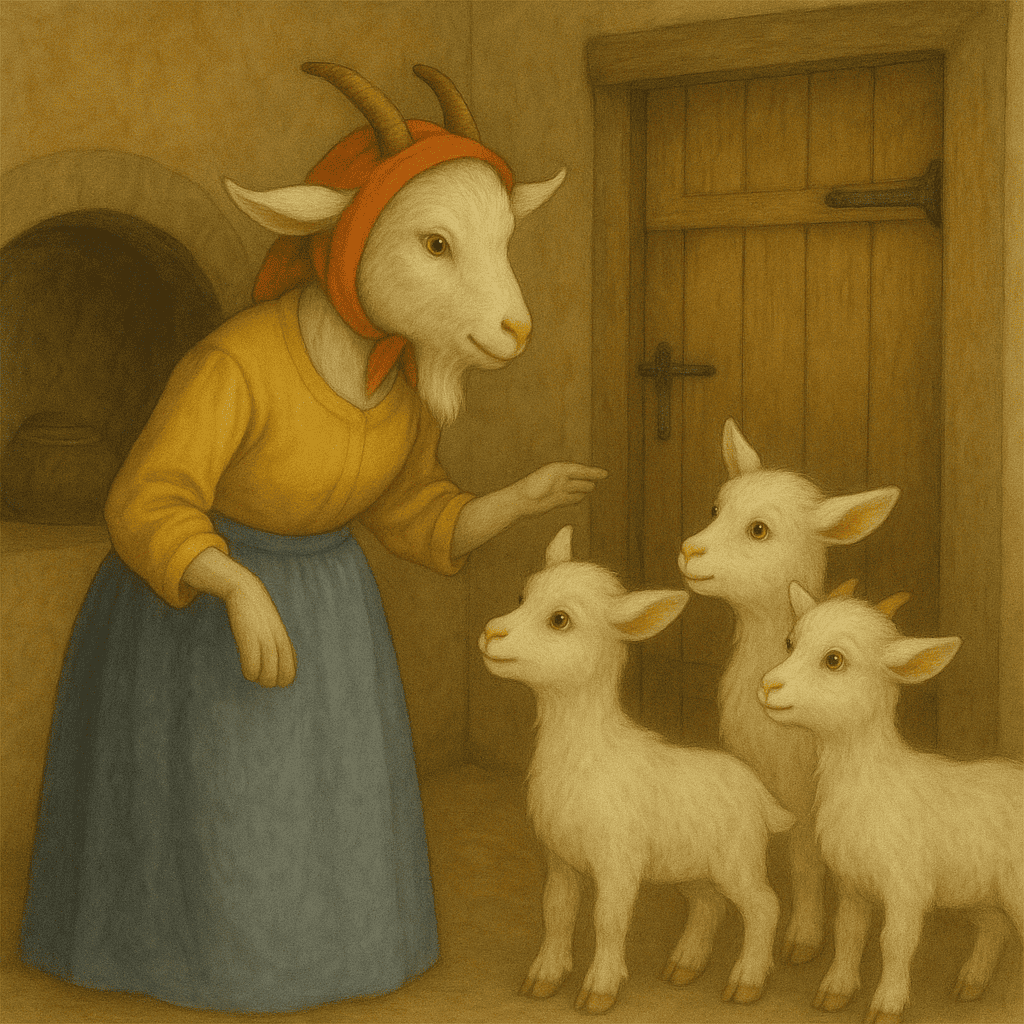A fost odată un împărat și o împărăteasă care nu aveau copii. S-au rugat neîncetat, au mers pe la toți sfinții, au dat de pomană și au aprins lumânări, până când, într-o zi, împărăteasa a rămas însărcinată. Plini de recunoștință, au făgăduit că vor da copilului tot ce va cere când va veni pe lume. S-a născut un fiu frumos ca soarele. Dar copilul plângea neîntrerupt, iar nimeni nu-l putea liniști. Până când, într-o zi, a grăit:
— Nu mă voi liniști decât dacă-mi veți da tinerețe fără bătrânețe și viață fără de moarte. Împăratul și împărăteasa s-au înfiorat. I-au explicat copilului că aceasta este o dorință imposibilă, dar el a crescut cu acest gând adânc în inimă. Când a ajuns la vârsta înțelepciunii, flăcăul a cerut din nou ceea ce i se făgăduise. Văzând că nimic nu-i clatină hotărârea, părinții l-au lăsat să plece. A primit cel mai bun cal din herghelie, un cal năzdrăvan care vorbea, și arme deosebite.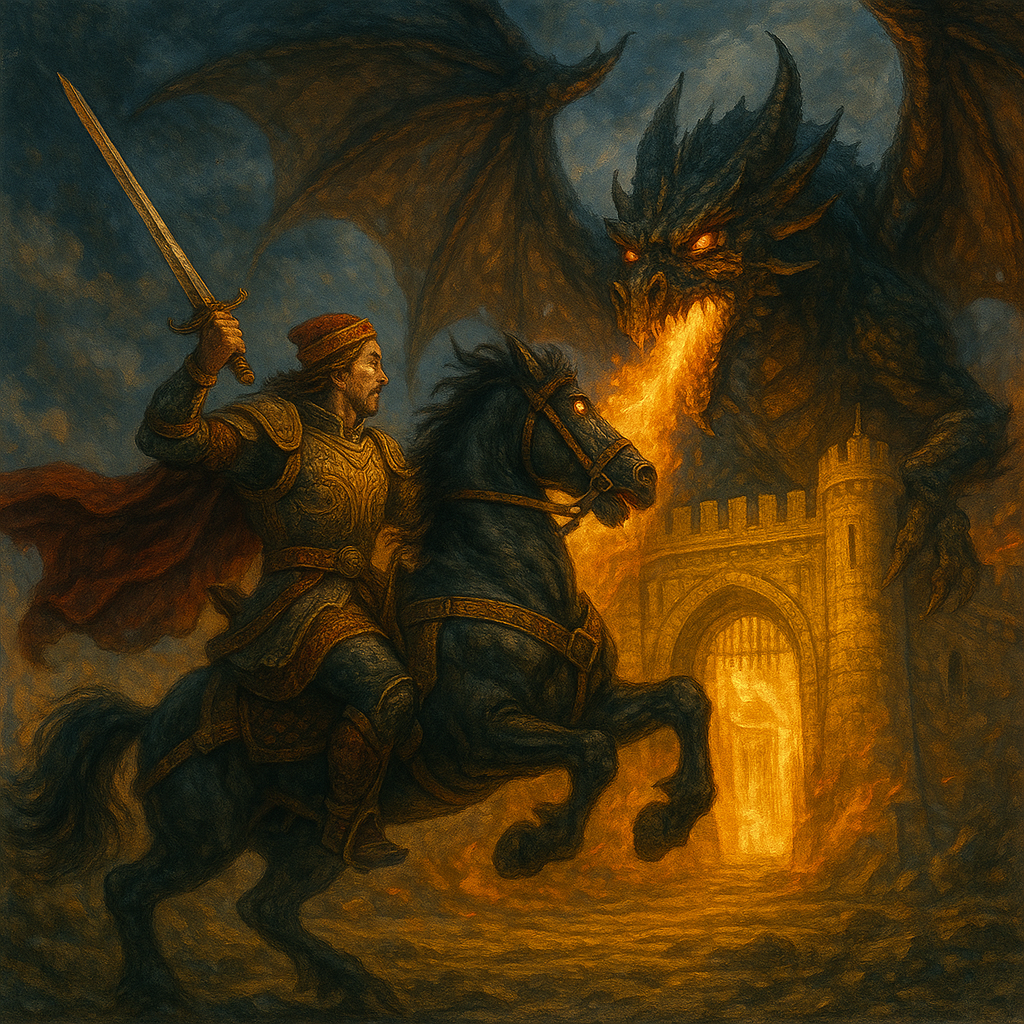
A sărutat mâna părinților și a pornit în lume, cu gândul neclintit să găsească tărâmul fără moarte.
Drumul lui a fost lung și presărat cu încercări.
A trecut prin păduri întunecate unde crengile șuierau ca șerpii, prin munți înalți unde vulturii dădeau târcoale, și prin ape adânci în care locuiau ființe necunoscute.
A întâlnit zmei fioroși cu care a dus lupte năprasnice, balauri cu șapte capete, duhuri rătăcitoare, dar pe toate le-a învins cu vitejie și cu ajutorul calului său.
După mulți ani de căutare, a ajuns la marginea lumii, la o poartă uriașă păzită de un zmeu nemuritor.
L-a învins cu mare trudă, iar poarta s-a deschis către un ținut de vis.
Acolo, florile nu se ofileau, izvoarele nu secau, iar oamenii nu cunoșteau nici durerea, nici bătrânețea.
L-a întâmpinat o zână cu păr de aur și glas blând, care i-a spus:
— Ai ajuns în Ținutul Tinereții Fără Bătrânețe și al Vieții Fără de Moarte.
Dacă pășești aici, vei fi ca noi: veșnic tânăr.
Dar să știi că, dacă vei ieși vreodată, nu vei mai putea reveni.
Făt-Frumos a ales să rămână.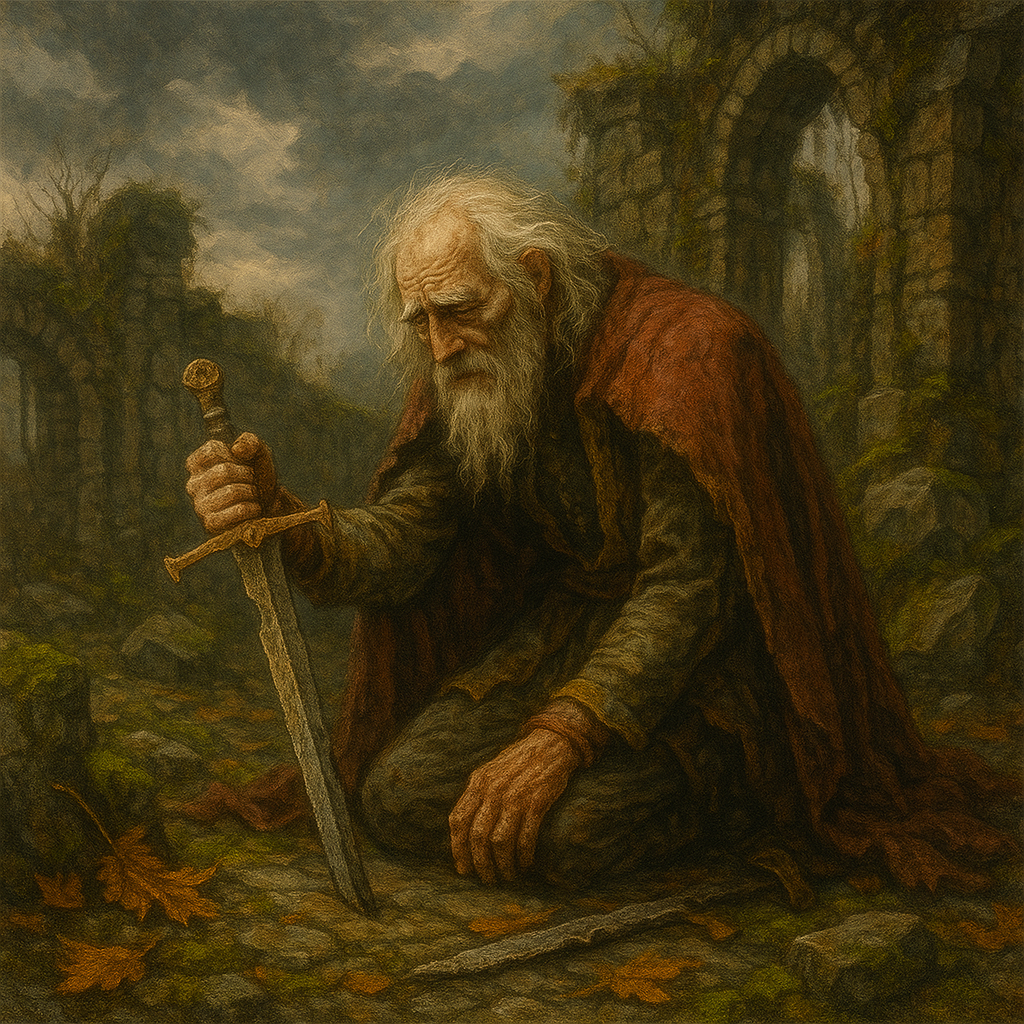
Timpul s-a oprit pentru el.
A trăit acolo fără griji, fără suferință, fără noapte.
Dar, într-o zi, după multă vreme, l-a cuprins un dor nemăsurat de părinți, de palat, de lumea sa.
A încălecat pe calul năzdrăvan și, împotriva avertismentelor, a plecat.
Cum a ieșit din acel tărâm, calul s-a oprit și a spus:
— Stăpâne, te-ai întors într-o lume care nu te mai recunoaște.
Timpul, care până atunci fusese înlănțuit, s-a năpustit asupra lui.
Trupul i s-a gârbovit, părul i-a albit, ochii i s-au împăienjenit.
A mers la locul unde fusese palatul, dar a găsit doar ruine acoperite de mușchi.
Numele său era de mult uitat, iar pământul îl respingea ca pe un străin.
Slăbit, s-a așezat pe o piatră și a rostit cu voce stinsă:
— Dorința mea a fost prea mare pentru lumea oamenilor…
Și s-a prăbușit, topit de amărăciune, în brațele timpului pe care îl înfruntase cândva.
Once upon a time, there was an emperor and an empress who had no children. They prayed incessantly, visited all the saints, gave alms, and lit candles until, one day, the empress became pregnant. Full of gratitude, they vowed to give the child anything he wished for when he came into the world. A son was born, beautiful as the sun. But the child cried incessantly, and no one could calm him. Until one day, he spoke:
— I will not calm down unless you give me youth without old age and life without death. The emperor and the empress were horrified. They explained to the child that this was an impossible wish, but he grew up with this thought deep in his heart. When he reached the age of wisdom, the young man once again demanded what had been promised to him. Seeing that nothing could shake his resolve, the parents let him go. He received the best horse from the stable, a magical horse that could speak, and exceptional weapons.
He kissed his parents’ hands and set off into the world, determined to find the land without death.
His journey was long and fraught with trials.
He passed through dark forests where the branches hissed like snakes, through high mountains where eagles circled, and through deep waters inhabited by unknown beings.
He encountered fierce ogres with whom he fought fierce battles, dragons with seven heads, wandering spirits, but he defeated them all with bravery and with the help of his horse.
After many years of searching, he reached the edge of the world, at a gigantic gate guarded by an immortal ogre.
He defeated it with great difficulty, and the gate opened to a dreamy land.
There, the flowers never withered, the springs never dried, and the people knew neither pain nor old age.
He was welcomed by a fairy with golden hair and a gentle voice, who told him:
— You have reached the Land of Youth Without Old Age and of Life Without Death.
If you step here, you will be like us: eternally young.
But know this, if you ever leave, you will not be able to return.
Făt-Frumos chose to stay.
Time stopped for him.
He lived there without worries, without suffering, without night.
But one day, after a long time, he was overwhelmed by a great longing for his parents, palace, and his world.
He mounted his magical horse and, against the warnings, left.
As soon as he left that realm, the horse stopped and said:
— Master, you have returned to a world that no longer recognizes you.
Time, which had until then been chained, rushed upon him.
His body stooped, his hair whitened, his eyes clouded over.
He went to the place where the palace had been but found only ruins covered with moss.
His name had long been forgotten, and the land rejected him as a stranger.
Weakened, he sat on a stone and said in a faint voice:
— My wish was too great for the world of men…
And he collapsed, melted by bitterness, in the arms of time he had once defied.
